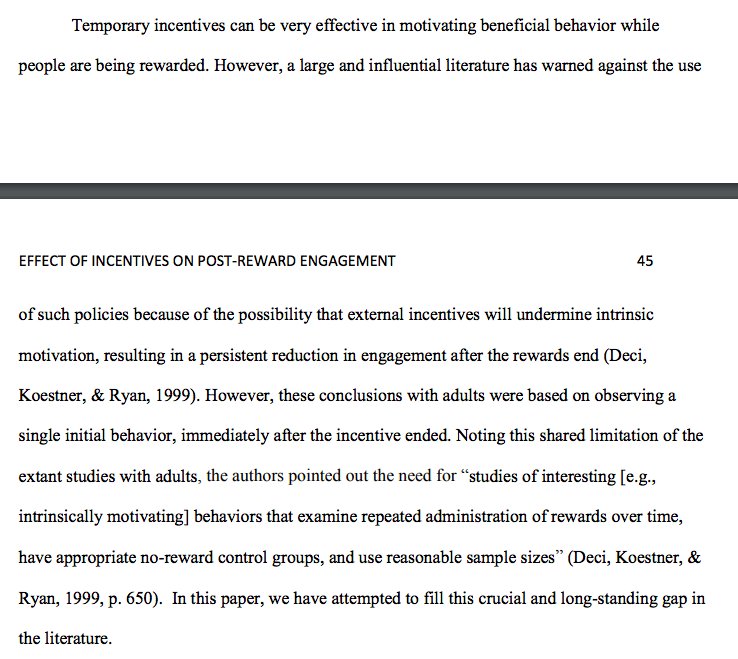Teacher Ollie’s Takeaways is a weekly summary of many of the fascinating and inspiring things that Ollie’s discovered in the world of education. Often in the form of a twitter digest, it can also sometimes include book or conference notes. Find all past Teacher Ollie’s Takeaways here,
Could a self-regulation intervention improve school readiness?
Could a self-regulation intervention improve school readiness? https://t.co/qmRbQ3n0IN pic.twitter.com/JWHAjaunHl
— Oliver Lovell (@ollie_lovell) February 8, 2018
Exploring the impact of charter schools, via @WhatWorksEd
Exploring the impact of charter schools. https://t.co/IY00K8rCGw via @WhatWorksED
— Oliver Lovell (@ollie_lovell) February 8, 2018
More on Singaporean education:Teacher recruitment & retention, via @HFletcherWood
Some interesting notes on pathways into teaching in Singapore https://t.co/HIs0Hc71ot via @HFletcherWood pic.twitter.com/qOqw1Mnh1R
— Oliver Lovell (@ollie_lovell) February 8, 2018
Summary of 5 key principles of education that ALL teachers should know, via @C_Hendrick
Excellent compilation of 5 key ideas that teachers MUST be aware of. https://t.co/NTRbqtsieC via @C_Hendrick
— Oliver Lovell (@ollie_lovell) February 6, 2018
How important is domain specific knowledge for expertise? via @HFletcherWood
I’ve been struggling a fair bit recently with my inherited intuitions about problem solving, critical thinking, creativity, and the domain specificity of each. This short curation of papers by @HFletcherWood has proved a much needed tonic. https://t.co/AfP6aPOBvP pic.twitter.com/D6YMpgUpWl
— Oliver Lovell (@ollie_lovell) February 5, 2018
If we had a rubric for transfer, what would it look like? via @jaymctighe
Quantifying transfer. This is an interesting transfer ‘rubric’ that Wiggins and @jaymctighe present in their book ‘Understanding by Design’. I think it’s pretty helpful. pic.twitter.com/x6gdWiU18B
— Oliver Lovell (@ollie_lovell) February 4, 2018
If I pay my students, will they try harder and do better?
Interesting article exploring the impacts on student results of paying them for their efforts. Here’s what it set out to explore. (educationendowmentfoundation.org.uk/projects-and-e…)

It had a positive impact on classwork effort, but findings were more hazy when related to student achievement. This leads to Qs about the extent to which better ‘effort’ in class will necessarily lead to better results.

However. Stat sig and positive results were found for lower achievers in maths.

But this effect size is hard to interpret against a background of ‘variation in variability’. (Shot taken from Dylan Wiliam’s powerpoint here: ) (dylanwiliam.org/Dylan_Wiliams_…)

But, in the end, we can’t say whether these results were due to the $$$ or just an increased level of feedback on student behaviour.

My feeling is that the feedback played a really big part. I can imagine that there would be better ways to spend 225 Pounds per student than the model presented here.

As a twist at the end, here’s a study suggesting that incentivising activities can cause positive and long-term (even after incentives are removed) behavioural change. (home.uchicago.edu/ourminsky/Dyna…)

Thanks to @prior_ecobus and @HuntingEnglish for putting me onto the EEF summary of the initial paying-pupils study 🙂 https://t.co/XIZaVlOX5i
— Oliver Lovell (@ollie_lovell) February 5, 2018